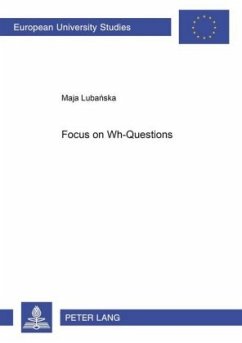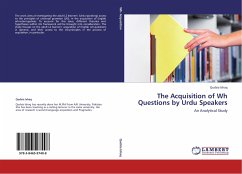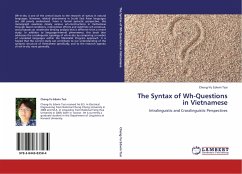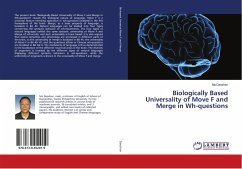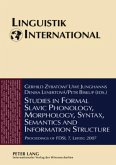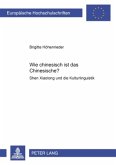This book is a minimalist study of wh -questions in Polish, which aims at providing a homogeneous account for the phenomena under consideration. The discussion is set against the hypothesis that wh -fronting in Polish targets [Spec, CP]. The analysis relies on the idea that wh -movement applies for reasons of feature checking, as assumed by Chomsky (1993, 1995 ch. 3). The book offers an analysis of multiple wh- questions, wh -scope marking constructions and long-distance wh -extraction facts in Polish. The author argues that no overt wh -movement in the traditional sense takes place in Polish. Wh -fronting is triggered by the need to check a strong [+focus]-feature. It is shown that the analysis in terms of focus movement is well suited to capture the properties of interrogative constructions in Polish.
Bitte wählen Sie Ihr Anliegen aus.
Rechnungen
Retourenschein anfordern
Bestellstatus
Storno

